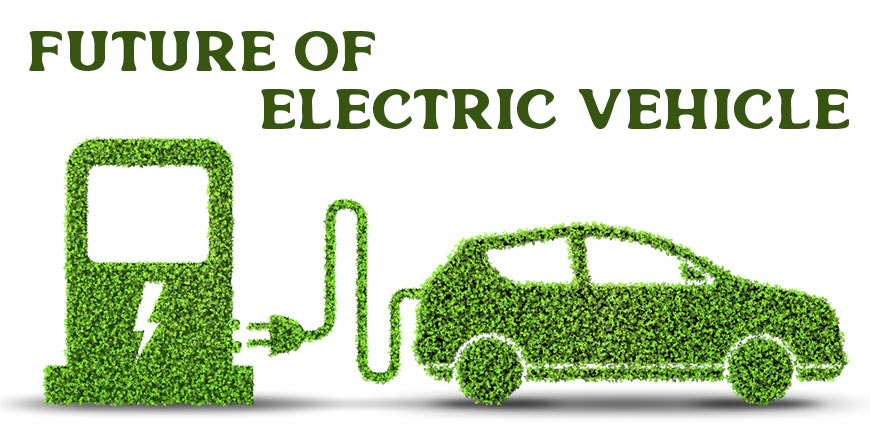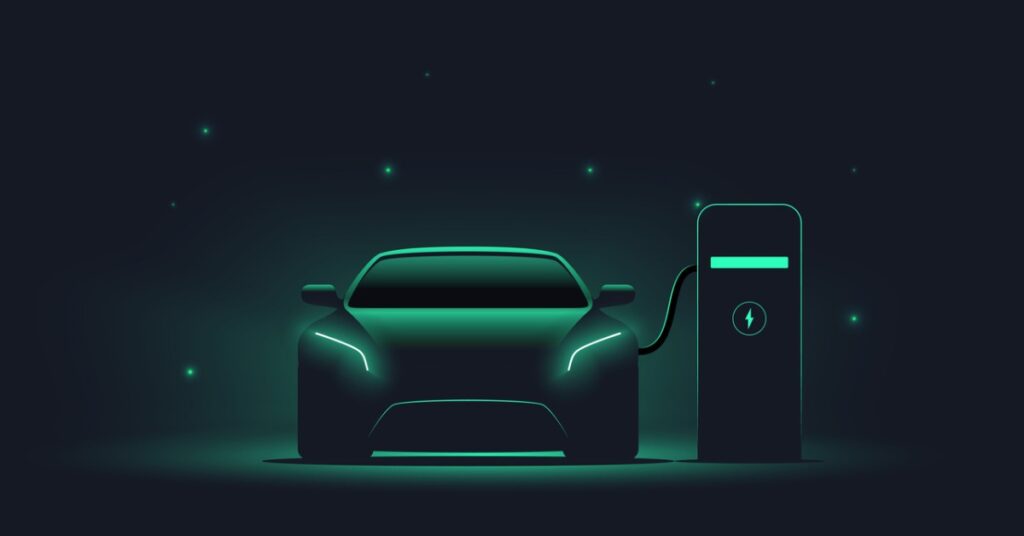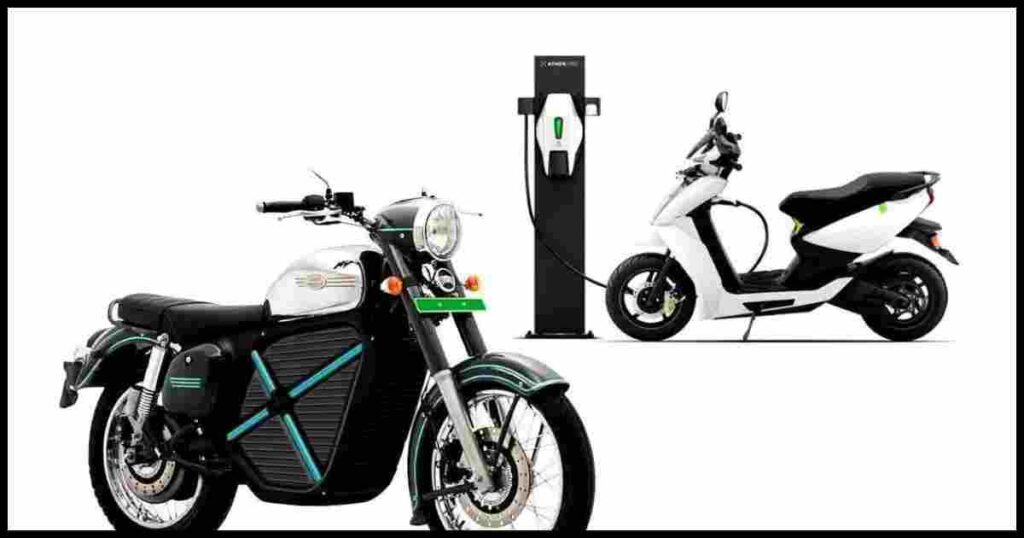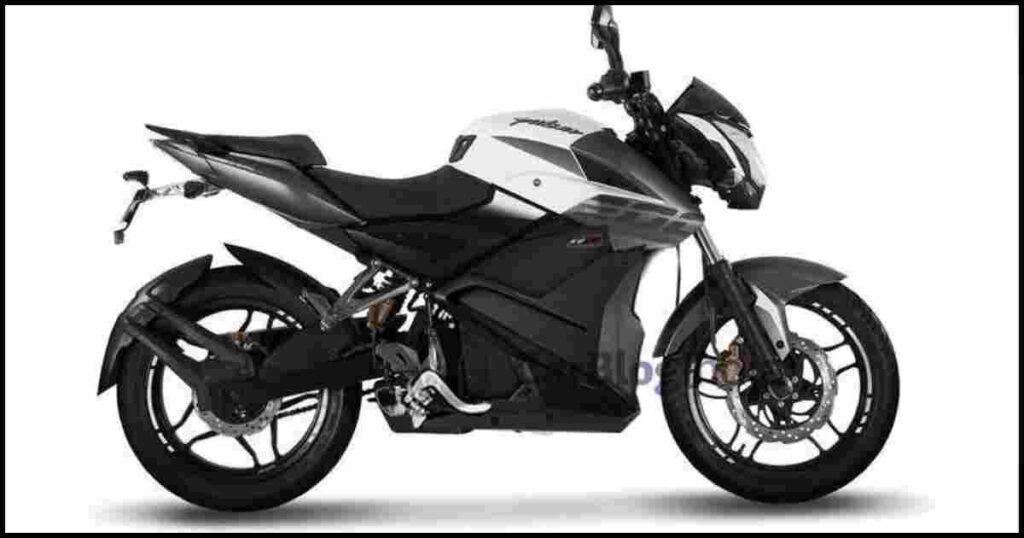Electric vehicles transition is gaining world pace as it offers a spectrum of benefits and presents several challenges. In this post, we will explore some of the advantages & disadvantages of electric vehicles, thereby helping you understand both the positive aspects and the hurdles accompanying this modern technology.

Electric Vehicles: A Greener Future
Electric vehicles are revolutionizing the way we understand transportation. Powered by rechargeable batteries and not gasoline, electric vehicles have so many more advantages over the traditional models of transportation: there are no tailpipe emissions, they cost much less to operate, and they move more smoothly. Furthermore, many modern electric cars boast ranges of 200 to 300 miles on a single charge, making them functional for daily use.
Limited charging infrastructure and high up-front costs, however, mean that even for electric vehicles. Over time, as governments encourage solutions based on cleaner energy and more companies pump money into electric technologies, electricity will come to dominate transportation, and electric vehicles will be its most successful province.
Electric Vehicles Company in India:
India is witnessing vast development and the electric vehicle market, with several companies emerging in the market to manufacture and push electric mobility. Some of the major electric vehicle companies in India are as follows:
- Tata Motors
Tata Motors is an Indian electric vehicle leader, and its best-selling models included Tata Nexon EV and Tata Tigor EV. It has been aggressively moving its EV portfolio and aims to take a strategic lead in India’s transition toward electric mobility.
Mahindra Electric is one of the first movers in India’s EV market. It has models like Mahindra eVerito and Mahindra Treo, electric rickshaw. Its aim to further expand its presence with more passenger cars and commercial vehicles in the electric segment.
2. Ola Electric
Ola Electric, a subsidiary of Ola, debuted in the EV space with the electric scooters. The electric scooters S1 and S1 Pro from Ola offer value for money with great features and have been quite popular among urban commuters.
3. Hero Electric
Hero Electric is one of the leading electric two-wheeler making companies in India offering affordable electric scooters like Hero Photon, Optima, and Nyx. The company is focusing on massifying electric mobility.
4. Ather Energy
Ather Energy is one of the most popular innovative electric scooters 450X and 450 Plus. These scooters have great technological advancements, offer fast charging, and are in performance, making it a favorite among the young customer.
5. BYD India
BYD India, the daughter company of one of the Chinese automobile giants BYD, has splashed into the electric commercial vehicle market. This company manufactures electric buses and has joined hands with some Indian cities for a three-tire electric public transportation system.

Advantages of Electric Vehicles :
Environmental Impact: Secondly, on the environmental platform, electric vehicles are credited to be one of the positive gainer advantages. Since EVs do not release harmful gases, their prevalence is going to reduce air pollution and reduce greenhouse gas emissions. So, they are the perfect option for those who would like to reduce their carbon footprint.
Economical Running:
Some other fundamental advantages of electric vehicles include lower operating costs. Electricity is significantly less expensive than conventional fuels, such as gasoline or diesel. Because they have fewer moving parts, EVs also require much less maintenance. For most owners, these translate to long-term savings.
Energy Efficiency:
Electric vehicles are more energy efficient compared to internal combustion engine vehicles, especially when driven in the city. They are able to transform over 77% of electrical energy drawn from the grid into movement, whereas conventional vehicles can transform only about 30% of energy from gasoline.
Government Incentives:
The governments all over the world have provided incentives for adopting electric vehicles. Tax rebates, lower registration fees, and grants are some incentives that make electric vehicles more affordable.
Quiet and Silky Ride:
One lesser-known benefit from an electric vehicle is the ride-a silent ride. EVs emit very little noise, causing far less noise in cities than their competitors.

Disadvantages of Electric Vehicle :
Increased Cost of Purchase:
One of the most significant disadvantage of electric vehicles is that they are more expensive to purchase as compared to conventional cars. Although the cost of running is lower, the purchase price, largely dictated by the cost of a battery pack, can be too high for some buyers.
Limited Driving Range:
Although battery technology has improved, the electric vehicle still travels less distance than a comparable gasoline vehicle. This is an important disadvantage for the long-distance driver and makes range anxiety a concern.
Charging Infrastructure:
The underdeveloped charging infrastructure is one of the major disadvantages of electric vehicles. Comparing gas stations, despite their abundance, EV charging stations are gradually on the rise, and refilling an electric car takes longer than filling up a traditional car.
Battery Life and Replacement Costs:
With time, the batteries of the electric vehicle deteriorate gradually as they lose their ranges and efficiencies. One other major drawback of electric vehicles is that exchanging such EV batteries proves costly in the long run.
Environmental Impact of Battery Production:
However, EVs offer a greener ride but due to the fact that most electric vehicles rely on lithium-ion batteries for power, heavy environmental impacts are associated with their production process. Some ecosystems are harmed by mining materials like lithium and cobalt, and there is much to be done in recycling used batteries.
What are the advantages of electric cars?
EVs are quieter than gas-powered vehicles.
While EVs are much quieter than gas-powered vehicles, they don’t fall short on power or performance. With the ability to generate 100% torque from 0 revolutions per minute (RPM) due to the immediate transfer of electrical energy, EVs get up and go.
What are the disadvantages of electric vehicles to nature?
While much better for the environment than conventional vehicles, EVs contain parts that involve some unsustainable practices. The components of an EV’s lithium-ion batteries have to be mined, and electric car batteries aren’t easily recycled, which adds to a growing worldwide e-waste problem.
What are the major drawbacks of electric vehicles?
Electric Cars – What are the downsides to electric cars?
Their batteries need rare metals. …
Making electric cars creates more emissions. …
They are only as green as their power sources. …
Electric cars can be expensive to buy. …
You can’t drive as far in an electric car. …
There aren’t enough charging points.
What are the disadvantages of electric?
Some disadvantages of electricity are: Power plants that are used in the production of electricity burn biomass in order to produce sulfur dioxide and nitrogen oxides. These are two major pollutants that harm the environment. A lot of radioactive material is released that can be lethal to humans and other organisms.



























